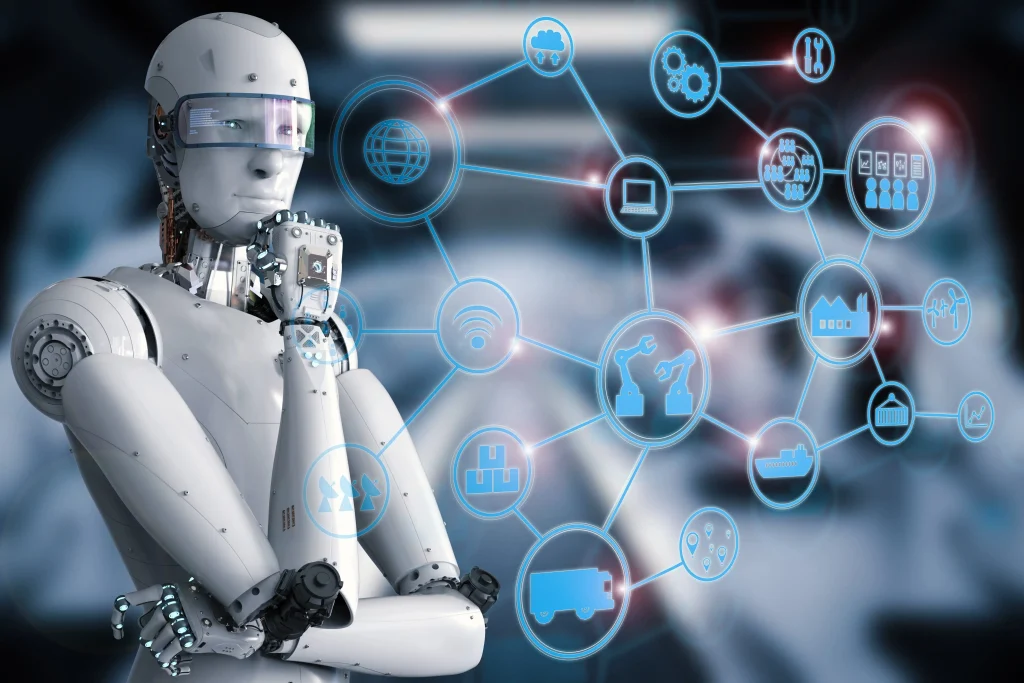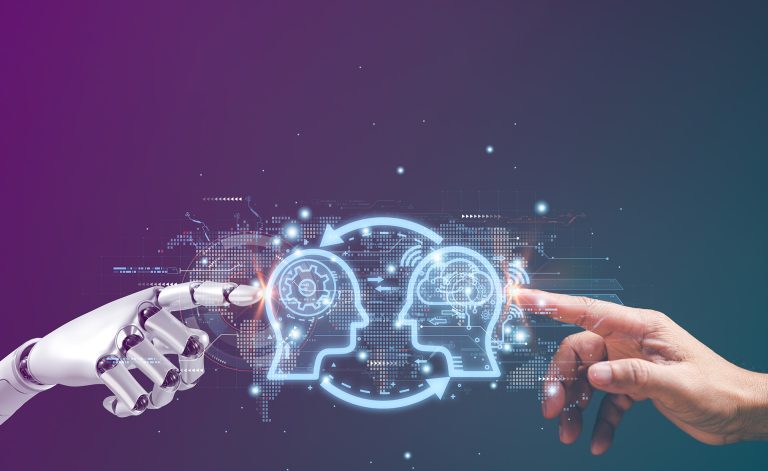Artificial Intelligence (AI) is no longer a futuristic concept—it’s a powerful force shaping nearly every aspect of modern life. From automating mundane tasks to powering complex decision-making, AI tools are driving efficiency, innovation, and transformation across industries. In this article, we explore what AI tools are, how they’re used, and the top AI tools making an impact in 2025.
What Are AI Tools?
AI tools are software applications or platforms that use artificial intelligence technologies—such as machine learning, natural language processing (NLP), computer vision, or deep learning—to perform tasks that typically require human intelligence. These tools can analyze data, generate content, automate processes, recognize patterns, and more.
Types of AI Tools
AI tools come in various forms, depending on their functionality and industry use case. Here are the most common types:
- Text and Content Generation Tools
- Generate written content, code, emails, marketing copy, and more.
- Examples: ChatGPT, Jasper, Copy.ai
- AI-Powered Analytics Tools
- Analyze large datasets to uncover insights and trends.
- Examples: IBM Watson, Tableau AI, Google Cloud AI
- Computer Vision Tools
- Process and interpret visual information like images and videos.
- Examples: OpenCV, Amazon Rekognition, Google Vision AI
- Speech and Language Processing Tools
- Convert speech to text, translate languages, or interpret sentiment.
- Examples: Google Speech-to-Text, DeepL, Otter.ai
- AI Automation Platforms
- Automate workflows and repetitive tasks using AI logic.
- Examples: UiPath, Zapier with AI integration, Microsoft Power Automate
- AI Design and Creativity Tools
- Assist in creating graphics, music, video, and designs using AI.
- Examples: Canva AI, Runway ML, DALL·E
Top AI Tools in 2025
Here are some of the most impactful AI tools being widely adopted this year:
- ChatGPT (by OpenAI)
- A conversational AI model used for customer service, content creation, programming help, and tutoring.
- Use Case: Chatbots, virtual assistants, educational support.
- Midjourney and DALL·E
- AI image generators that create art, product visuals, or design concepts from text prompts.
- Use Case: Marketing, graphic design, entertainment.
- GitHub Copilot
- AI tool for software developers that suggests code snippets and functions in real-time.
- Use Case: Software development, code reviews, debugging.
- Runway ML
- Video and image editing powered by generative AI, widely used in film and content production.
- Use Case: Content creation, advertising, video effects.
- Claude (Anthropic)
- Another advanced AI assistant offering detailed responses, summaries, and analysis.
- Use Case: Business intelligence, summarization, research support.
- Synthesia
- AI video generation tool that turns text into professional-quality videos with digital avatars.
- Use Case: Training, marketing, explainer videos.

Benefits of Using AI Tools
- Increased Efficiency: Automate time-consuming tasks and speed up workflows.
- Cost Savings: Reduce the need for manual labor and human intervention.
- Better Decision-Making: Analyze complex data for smarter insights.
- Personalization: Tailor content and services to individual users.
- Scalability: Support large operations without proportional increases in cost or manpower.
Challenges and Considerations
Despite their benefits, AI tools come with challenges:
- Bias and Fairness: AI can unintentionally reinforce societal biases present in data.
- Privacy: AI tools often require access to sensitive personal or corporate information.
- Dependence: Overreliance on AI could reduce human oversight and critical thinking.
- Job Disruption: Some roles may be reduced or replaced by automation.
Ethical AI development, transparency, and human-in-the-loop systems are essential to address these concerns.
Conclusion
AI tools are transforming the digital landscape, enabling smarter work and creating new opportunities for innovation. As they continue to evolve, it’s essential for businesses, educators, creatives, and governments to understand and adopt them responsibly. In 2025, knowing how to use AI tools effectively isn’t just a technical skill—it’s a competitive advantage.
Whether you’re a developer, marketer, educator, or entrepreneur, embracing AI tools can help you stay ahead of the curve and shape a more efficient, intelligent future.



